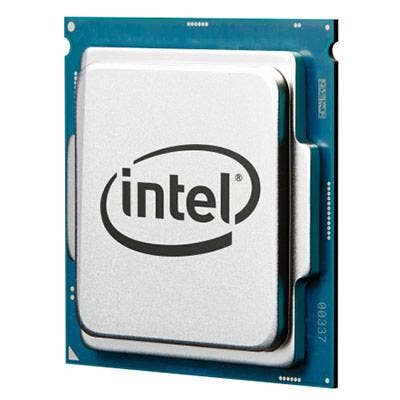Apple Reportedly Won't Use Intel Wi-Fi Chips In 2020 iPhones

Apple is halting plans to use Intel Wi-Fi and Bluetooth modems in 2020 iPhone models, which has led Intel to end development on the component, according to a report Thursday.
The report appears on tech news site CTech, which is published by Israeli business news publication Calcalist , and cites internal Intel communications as well as unnamed sources familiar with the matter.
[Related: Report: Apple Plans To Ditch Intel Chips ]
Apple had been seen until now as the main customer for Intel's forthcoming Sunny Peak modems, according to the report. It says that Apple has notified Intel of the plan to pass over the modems for 2020 iPhones.
Intel personnel who had been working on Sunny Peak will be reassigned to other projects, according to CTech .
At first, CTech had incorrectly reported that Sunny Peak modems will include 5G capabilities, and the report was later amended to correct the error. In a statement provided to CRN, Intel said that its "5G customer engagements and roadmap have not changed for 2018 through 2020."
’We remain committed to our 5G plans and projects," Intel said. The company did not comment on the status of Sunny Peak overall.
Cupertino, Calif.-based Apple did not respond to a request for comment.
The report comes on the heels of a prediction by Northland analyst Gus Richard that chipmaker MediaTek is poised to displace Intel as the main modem supplier for future iPhones. Richard didn't provide a predicted timeline for the shift.
The claims appear to clash with previous reports that Apple is planning to increase its reliance on Intel modems for future iPhones in order to move away from Qualcomm, which has had a hostile relationship with Apple in recent years.
In April, Fast Company reported that Apple is planning to use Intel modems for 70 percent of its new iPhones coming out this fall and 100 percent of iPhones in 2019.
Meanwhile, another April report, from Bloomberg , suggested that Apple is planning to ditch Intel's processors for Mac computers as early as 2020.
The CTech report indicated that Intel executives have seen "many factors" for Apple's move away from Intel modems for future iPhones, including "new and unanticipated challenges" from a faster new Wi-Fi standard, known as WiGig (802.11ad).